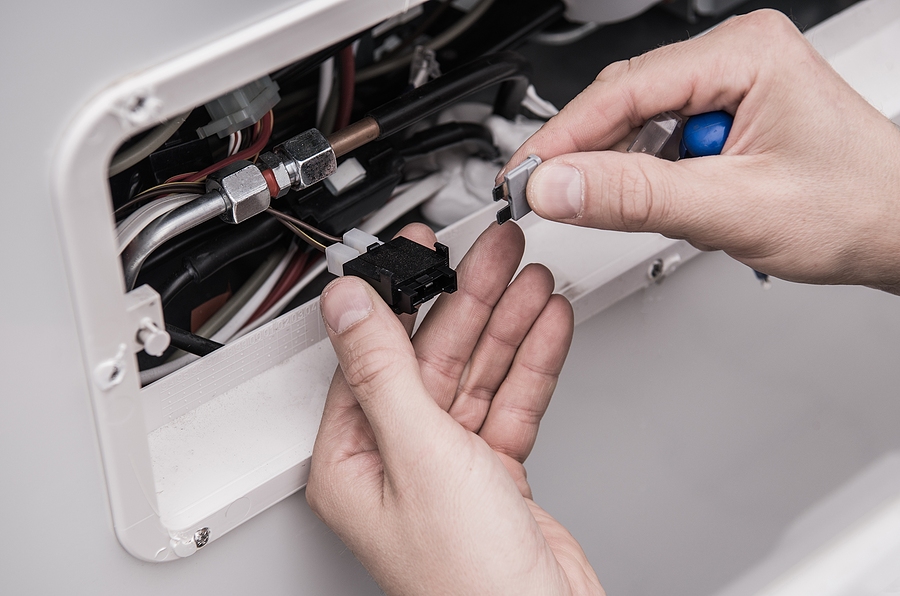Top 5 Electrical Issues to Watch Out for in RVs
Recreational vehicles (RVs) offer the freedom of travel with the comforts of home, but they also come with their own set of electrical challenges. Since RVs rely on both shore power and battery systems, electrical issues can arise from various sources. Identifying and addressing these problems early can prevent costly repairs and potential safety hazards. That’s why MobileRVService.com has been helping RV owners find reliable service providers across the U.S. and Canada for years.
1. Faulty or Overloaded Circuit Breakers
Circuit breakers in an RV are designed to protect electrical components from overload. However, if you frequently experience tripped breakers, it may indicate an overloaded circuit, faulty wiring, or a failing breaker. Overloading can happen when running multiple high-wattage appliances like air conditioners, microwaves, and heaters simultaneously. If resetting the breaker doesn’t solve the issue, it’s best to have it inspected by a professional.2. Battery Problems
RVs rely on deep-cycle batteries to power essential systems when not connected to shore power. Over time, batteries can degrade, leading to poor performance or failure. Common battery issues include:
Sulfation: When batteries sit discharged for too long, sulfate crystals form, reducing capacity.
Overcharging or Undercharging: Both can shorten battery lifespan. A good charge controller helps prevent this.
Corrosion on Terminals: This can interrupt power flow. Regular cleaning and maintenance are essential.
Monitoring your RV’s battery health and keeping it properly charged can extend its life and prevent unexpected failures.
3. Shore Power Connection Issues
Many RV electrical problems stem from faulty shore power connections. Issues can include:
Damaged or loose plugs and cords
Low voltage from campground pedestals
Reverse polarity or incorrect wiring at the power source
Using a surge protector and a multimeter to test the shore power before plugging in can help prevent these problems and avoid costly repairs.
4. Faulty Grounding
A properly grounded RV electrical system is crucial for safety. Poor grounding can lead to electric shocks when touching metal surfaces in your RV. If you ever feel a tingling sensation when touching your RV while connected to power, there may be a grounding issue that needs immediate attention from an electrician.5. Malfunctioning Converter or Inverter
RVs use power converters to transform shore power into battery-charging DC power and inverters to convert DC battery power into AC for appliances. If your lights flicker, batteries fail to charge, or appliances don’t work properly, the converter or inverter may be failing. Diagnosing and replacing these components promptly will keep your RV’s electrical system running smoothly.
Electrical issues in RVs can be frustrating and even dangerous if left unaddressed. Regular RV maintenance, inspections, and using protective devices like surge protectors can help prevent common problems. The service providers available to you at MobileRVService.com can help you get to the bottom of any potential RV issues. Contact us if you want more information on finding a provider. We serve RV owners across the U.S. and Canada 24/7, 365 days a year.
